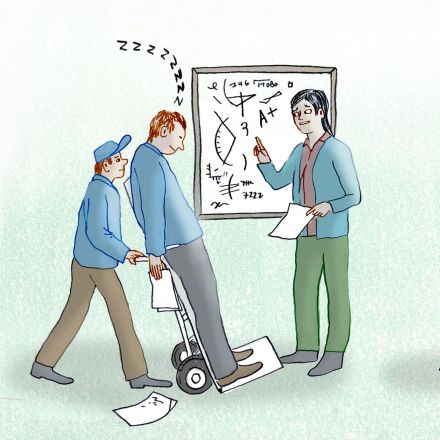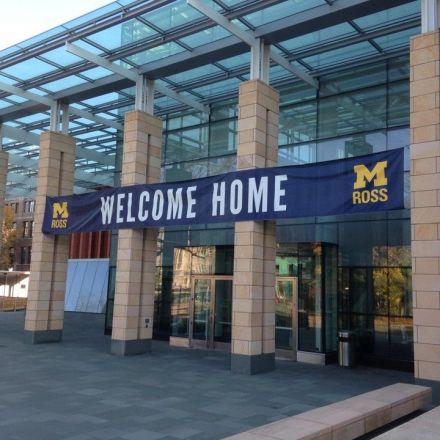

8 years ago
2
Pass, Fail
For the past seven years, I’ve polled my students at the University of Prince Edward Island on two questions. First: If you were told today that a university education was no longer a requirement for high-quality employment, would you quit? Second: If you decided to stay, would you then switch programs? Positive responses to both questions run consistently in the 50 percent range. That means at least half of my humanities students...
Continue Reading


























Join the Discussion
That is some sad reading.
As a part-time history instructor (MA in history, saving up for the PhD) at a liberal arts university in the U.S., I can say that this is not only true to my experience, it is also something that some students now understand pretty well. When I tell my freshmen that I have not yet earned the honorific "Dr. FivesandSevens" and they may call me "Mr." or "Professor" instead, I can see recognition of my power (or lack thereof) in the university hierarchy flash across some of their faces. I become a mark.
My courses (freshman history/interdisciplinary surveys) are not considered "easy" by any students that I have spoken with. I focus almost entirely on critical readings of scholarly works and primary sources, discussion/debate, and writing assignments, rather than textbook-style learning and YouTube videos, and I am not charitable when grading low-effort work. Those students who consider me a sort of glorified student teacher (they're not totally wrong on that count, I admit), whose job is inherently vulnerable and who wants only good student evaluations at semester's end, tend to feel I don't have the right to teach the way I do. Sometimes they will nurse a bad attitude the whole semester if I can't get them engaged with the material somehow.
Such students are the minority, and often only looking for a way out of doing required work, but they do put me in a tough position. The power they wield in the situation is not insignificant. They understand that some instructors in my position will go out of their way to avoid failing students who deserve to fail in order to avoid drawing negative attention to themselves or risk damaging the university's all-important retention numbers. I know several people who have lost recurring part-time instructor gigs because their student failure rates dipped below an informal threshold that was never described to them or included in the faculty handbook. I don't blame those who inflate grades out of fear of losing their positions, but I won't do it, and I told the dept. chair so when I was first hired. It takes away from the work of students who truly work their butts off for a C, who are often my favorite students. But it's perversely harder to maintain my uncontroversial (as I see it) stance on grade inflation than to cave to the unspoken pressure from students and administrators a little bit here and there. This dynamic, the spartan terms of my less-than-minimum-wage-per-hour, zero benefits, one-semester-at-a-time contracts, and the negative, but usually well meaning, attitude (not unlike Srigley's) of some full-time faculty with PhDs toward myself and other part-timers, can create a difficult work environment even on good days. If I didn't love teaching as much as I do I would have applied at Costco by now. I may yet have to.